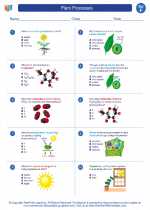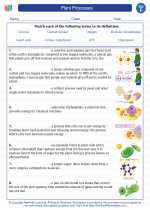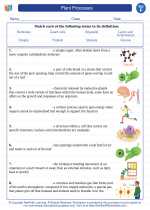Fats
Fats are an essential macronutrient that provide energy, support cell growth, and help the body absorb certain nutrients. There are different types of fats, including saturated fats, unsaturated fats, and trans fats.
Types of Fats:
- Saturated fats: These fats are solid at room temperature and are found in animal products like meat and dairy, as well as in some plant-based products like coconut oil and palm oil.
- Unsaturated fats: These fats are liquid at room temperature and are found in foods like avocados, nuts, seeds, and vegetable oils. Unsaturated fats are further categorized into monounsaturated and polyunsaturated fats.
- Trans fats: These are artificial fats created through a process called hydrogenation and are found in some processed and fried foods. Trans fats are considered unhealthy and should be limited in the diet.
Functions of Fats:
Fats play several important roles in the body, including:
- Providing a concentrated source of energy
- Supporting the absorption of fat-soluble vitamins (A, D, E, and K)
- Providing essential fatty acids that the body cannot produce on its own
- Supporting cell structure and function
- Insulation and protection of organs
Understanding Fats:
It's important to understand the difference between "good" fats and "bad" fats. Saturated and trans fats are generally considered less healthy and should be limited in the diet, while unsaturated fats, especially monounsaturated and polyunsaturated fats, are considered healthier options and should be included in moderation.
Study Guide
Here are some key points to remember when studying the topic of fats:
- Identify the different types of fats and their food sources.
- Understand the functions of fats in the body.
- Be able to differentiate between saturated, unsaturated, and trans fats.
- Discuss the health implications of consuming different types of fats.
- Explore ways to include healthy fats in the diet while limiting unhealthy fats.
Remember to study the impact of fats on overall health, including heart health, cholesterol levels, and weight management.
.◂Science Worksheets and Study Guides Sixth Grade. Plant Processes

 Activity Lesson
Activity Lesson
 Worksheet/Answer key
Worksheet/Answer key
 Worksheet/Answer key
Worksheet/Answer key
 Worksheet/Answer key
Worksheet/Answer key
 Worksheet/Answer key
Worksheet/Answer key
 Vocabulary/Answer key
Vocabulary/Answer key
 Vocabulary/Answer key
Vocabulary/Answer key
